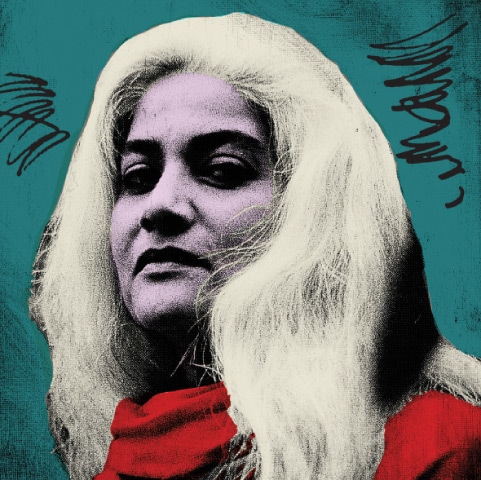
Dominant cultures are defined either as the majority culture or that imposed by a powerful minority, such as in South Africa during Apartheid.
The most successful instrument of domination has been the use of language. The Romans used Latin and the Muslim empire used Arabic. French was imposed in much of Africa, and Spanish and Portuguese in South America. But by far, the most widespread language imposed is English.
England, with an area of a little over 130,000 square kilometers on an island, had a population of about five million in 1700 when modern English emerged. This grew to about 15 million at the height of England’s colonial power. Remarkably, today English is the most widely spoken language in the world, making some term the phenomenon as Anglo-imperialism.
There are roughly 7,000 languages worldwide. It is estimated that the world loses a language every two weeks. The Malian historian and novelist Amadou Hampâté Bâ said that, in Africa, when an elder dies, a library burns.
A language is not a neutral instrument of communication. It conveys values, a world view, both about the world around us, as well how we view the past. The chronicles of the Crusades by the Syrian writer Usama ibn Munqidh and those by the Frenchman Geoffrey of Villehardouin present very different accounts.
Books carrying the title ‘World Art’ or ‘World History’ commonly focus on developments in the Mediterranean and Europe, with small token chapters on China, Africa and India. The most powerful news agencies are in English, as is most of the entertainment industry, from pop music to cinema, creating stereotypes that suit the West.
Colonisation spread the use of English as a second language across the world as the US, Australia, New Zealand and parts of Canada became English-speaking nations. However, it was not till after World War II that the US, the only western power with its economy intact, started controlling international commerce, science and technology, elevating English as the major international language.
Countries all over the world rushed to establish English language teaching programmes. As journalist Jacob Mikanowski writes, “No language in history has dominated the world quite like English does today. Is there any point in resisting?”
The poet Akbar Allahabadi known for inserting English words in his poems wrote in the early 20th century:
Chhorr literature ko, apni history ko bhool ja
Shaikh-o-masjid se ta’alluq tark kar, school ja
[Forget about studying your own literature or even history
Break your relations with the Shaikh and mosque, go to school]
The aim of teaching the world to speak English was not simply jingoism, but the pragmatic need for a common, unified language with agreed meaning, to facilitate global trade, political diplomacy and to access scientific and academic research.
The first generation of native Anglophiles strived to be more English than the English, enthusiastically adopting their lifestyle and values. The intelligentsia of the next generation were able to use their command of English as a tool to critique colonialism and express nationalism, as discussed in the seminal 1989 book The Empire Writes Back.
Over time, the colonial association with English has faded away to make it simply a convenient international language. Bilingualism has interrupted the impact of English on societal values. Bilingual people find themselves using English for business or science, but find their native language better suited to express emotions and religious beliefs.
Translations of native literature into English have introduced other values into English. Jamaican Patois and Ebonics spoken by black Americans have been recognised as distinct languages. Urlish, a mixture of Urdu and English, has become the norm in most Pakistani circles. The use of slang undermines the dominance of the language of power. In the art world, biennales move the dialogue away from Eurocentricity.
Ironically, as Jacob Mikanowski says, “To speak only English, in spite of its vast vocabulary and countless varieties, is still to dwell in a rather small pool.”
Durriya Kazi is a Karachi-based artist and heads the department of visual studies at the University of Karachi
Email: durriyakazi1918@gmail.com
Published in Dawn, EOS, February 21st, 2021













































Dear visitor, the comments section is undergoing an overhaul and will return soon.